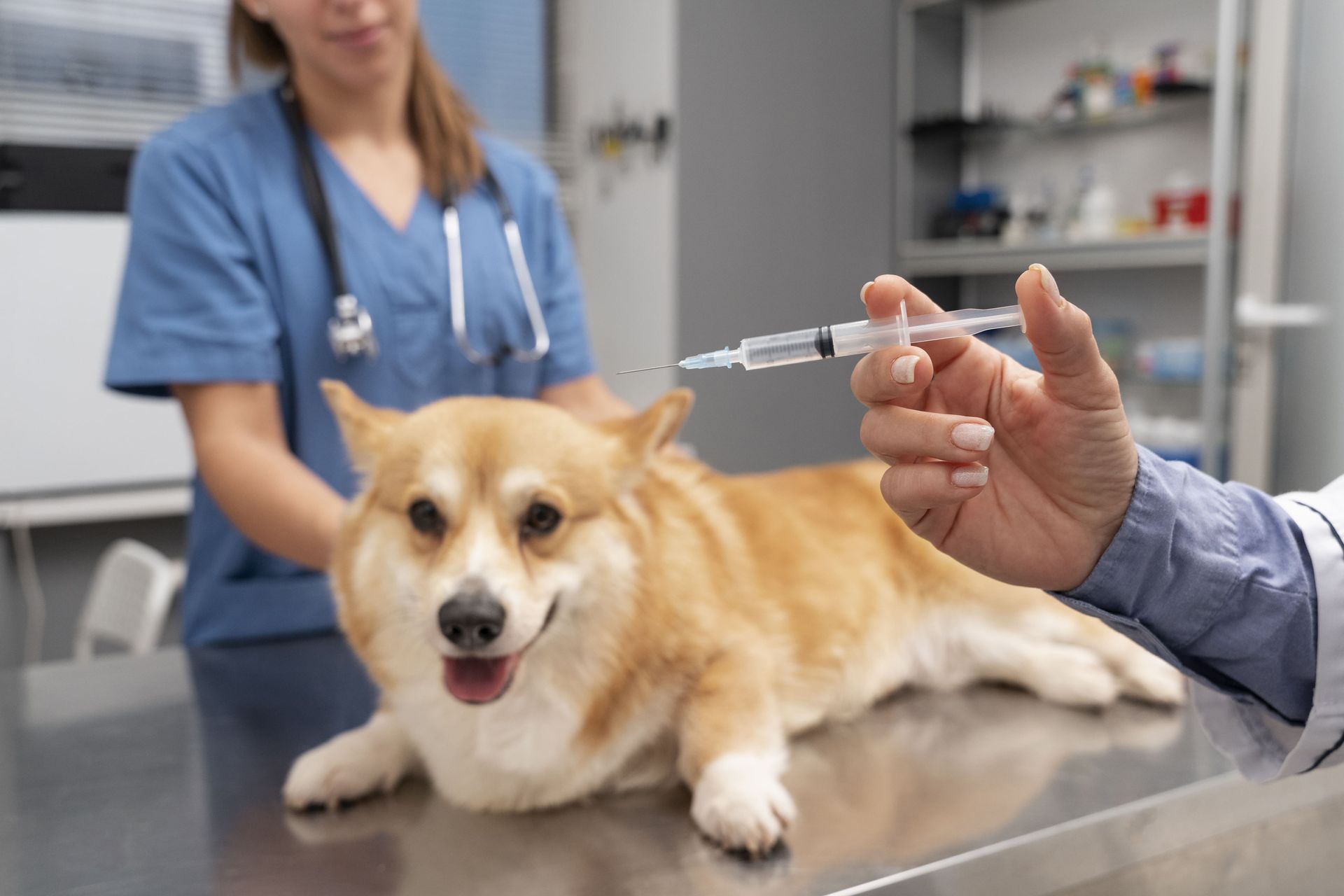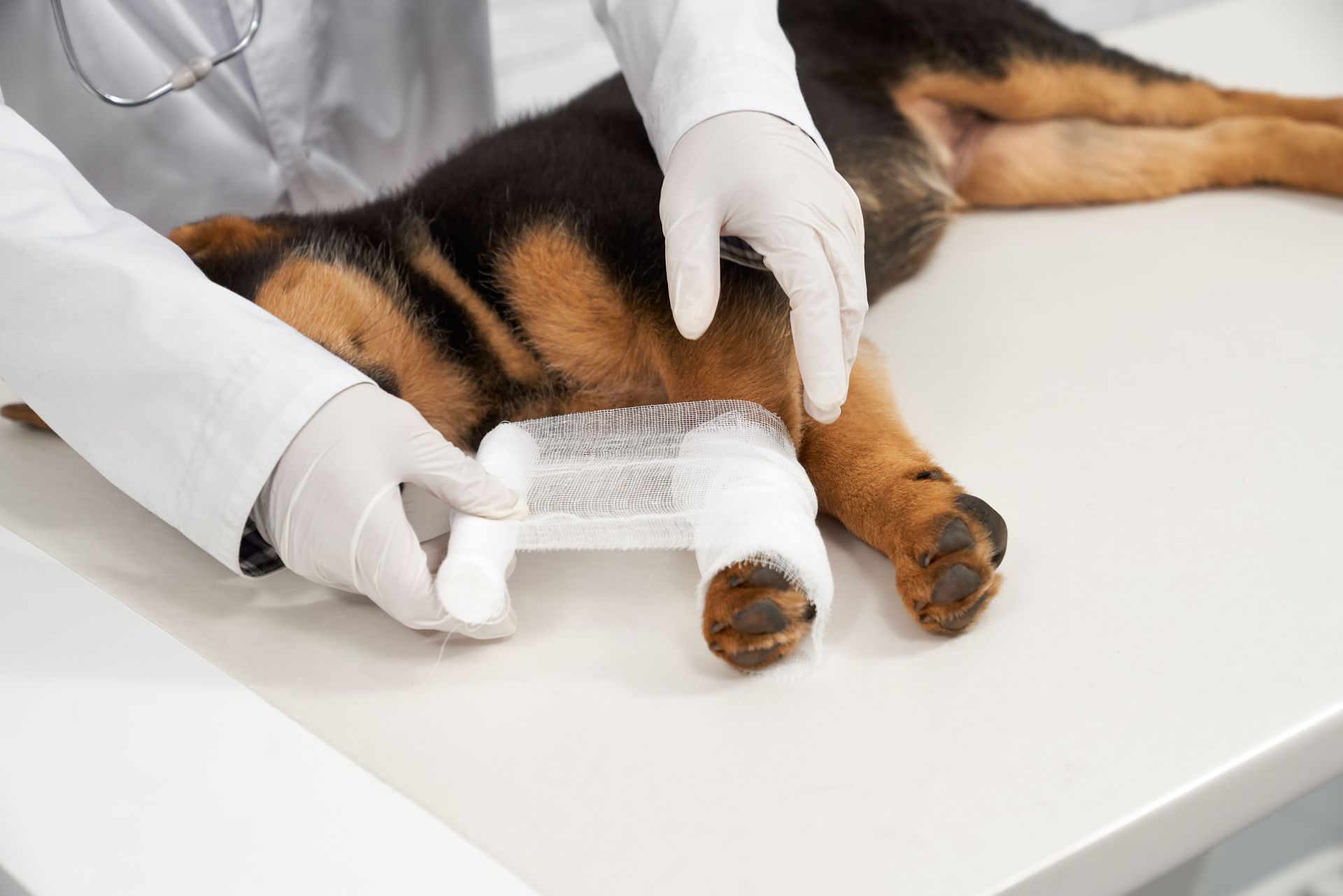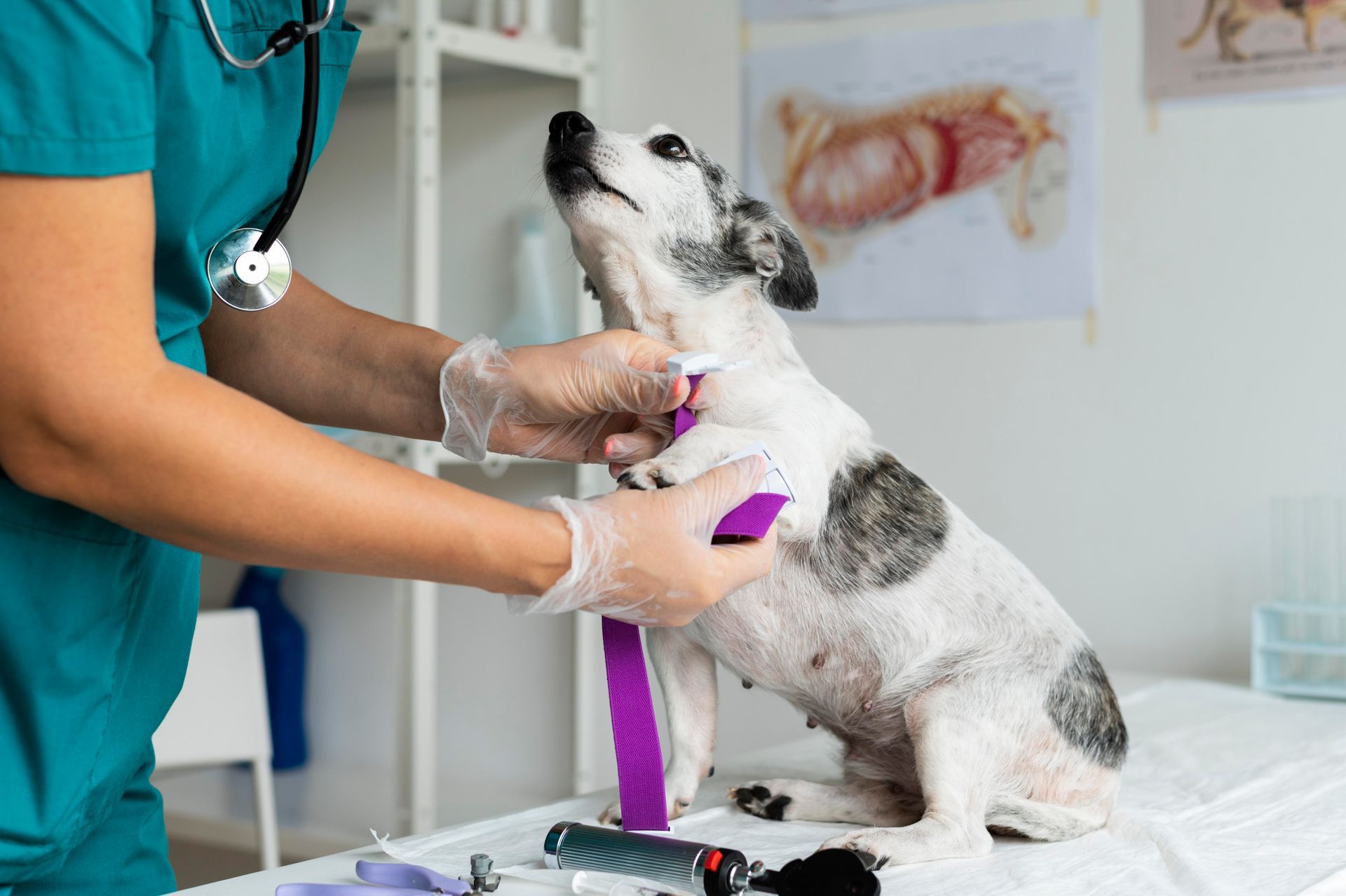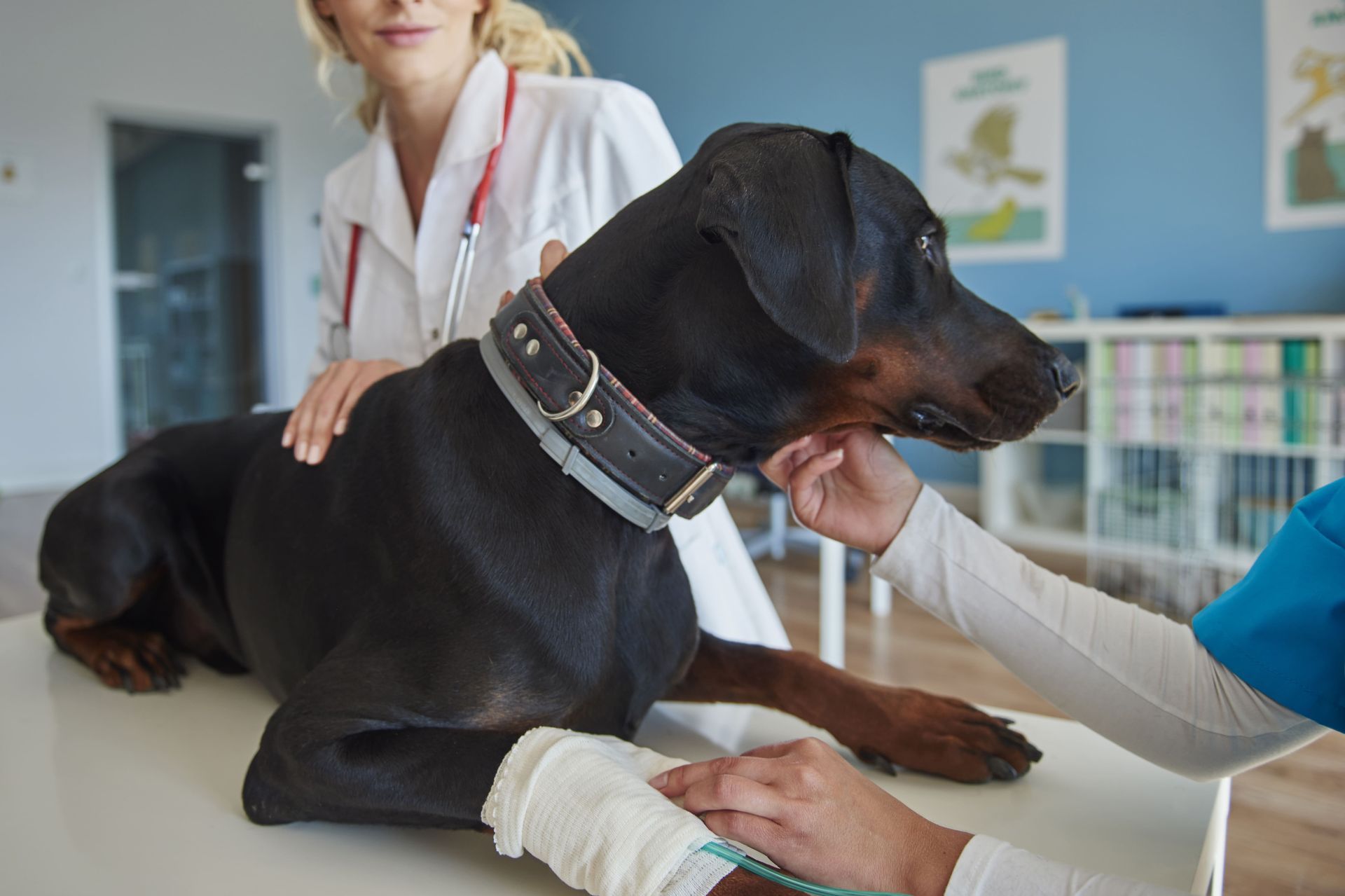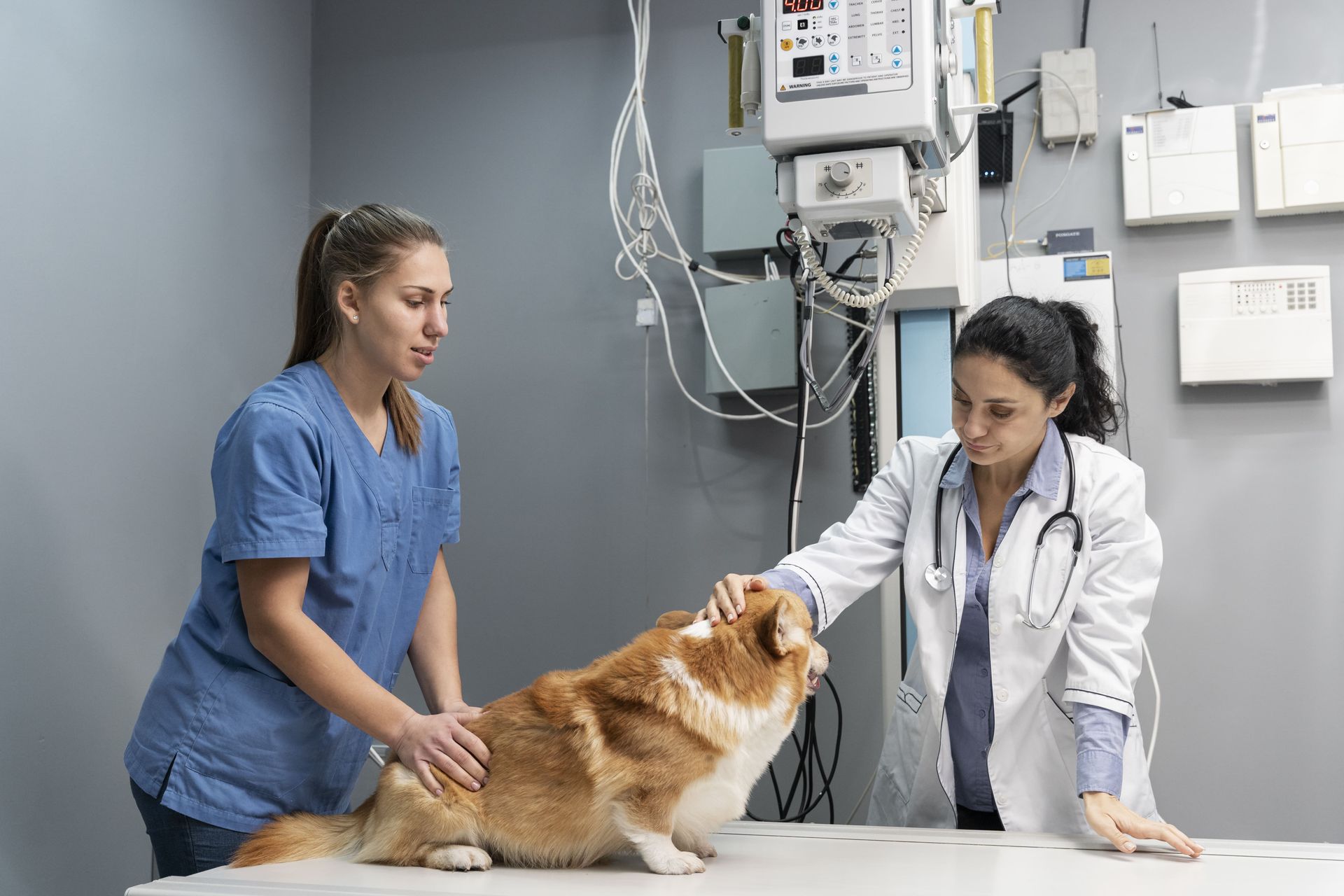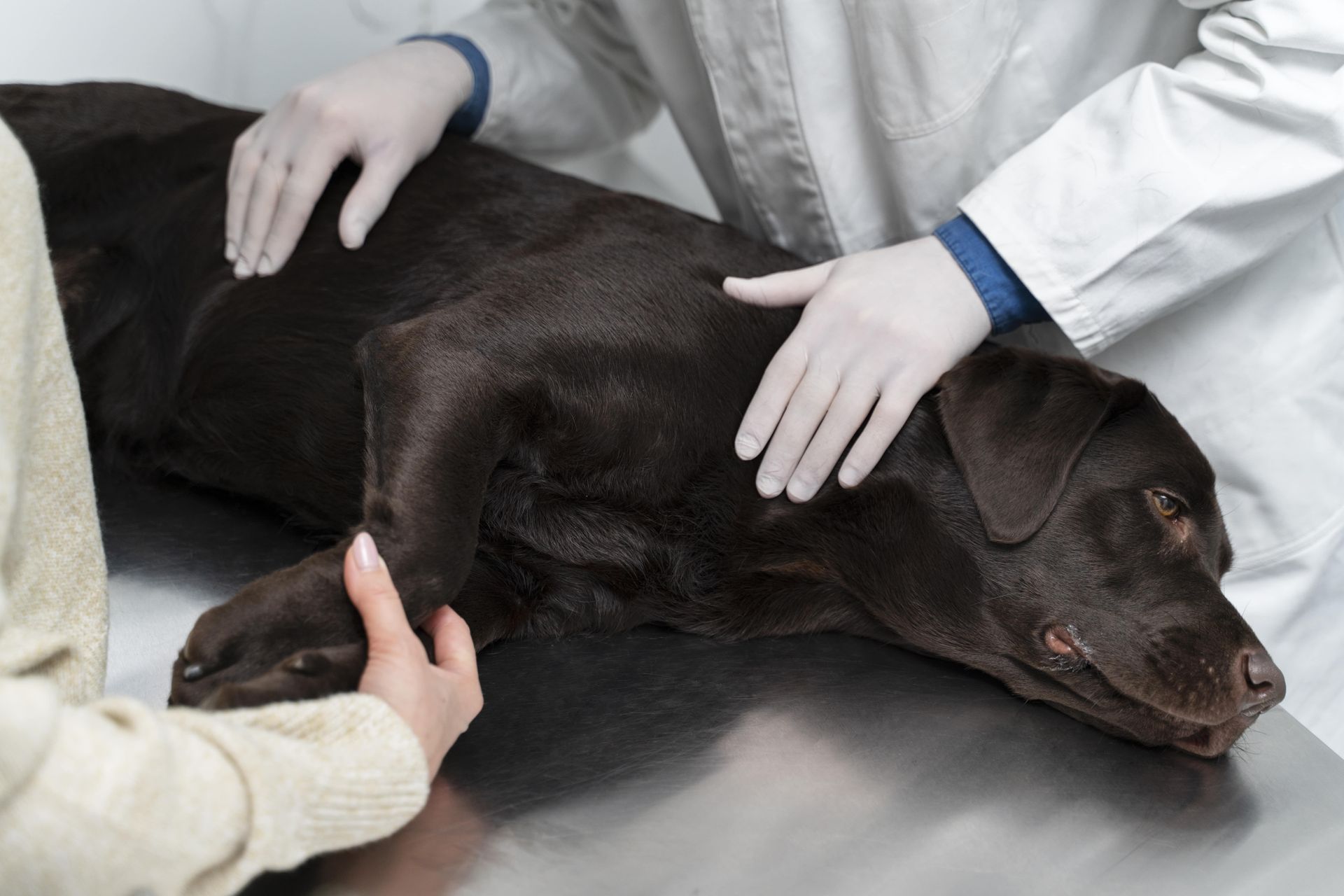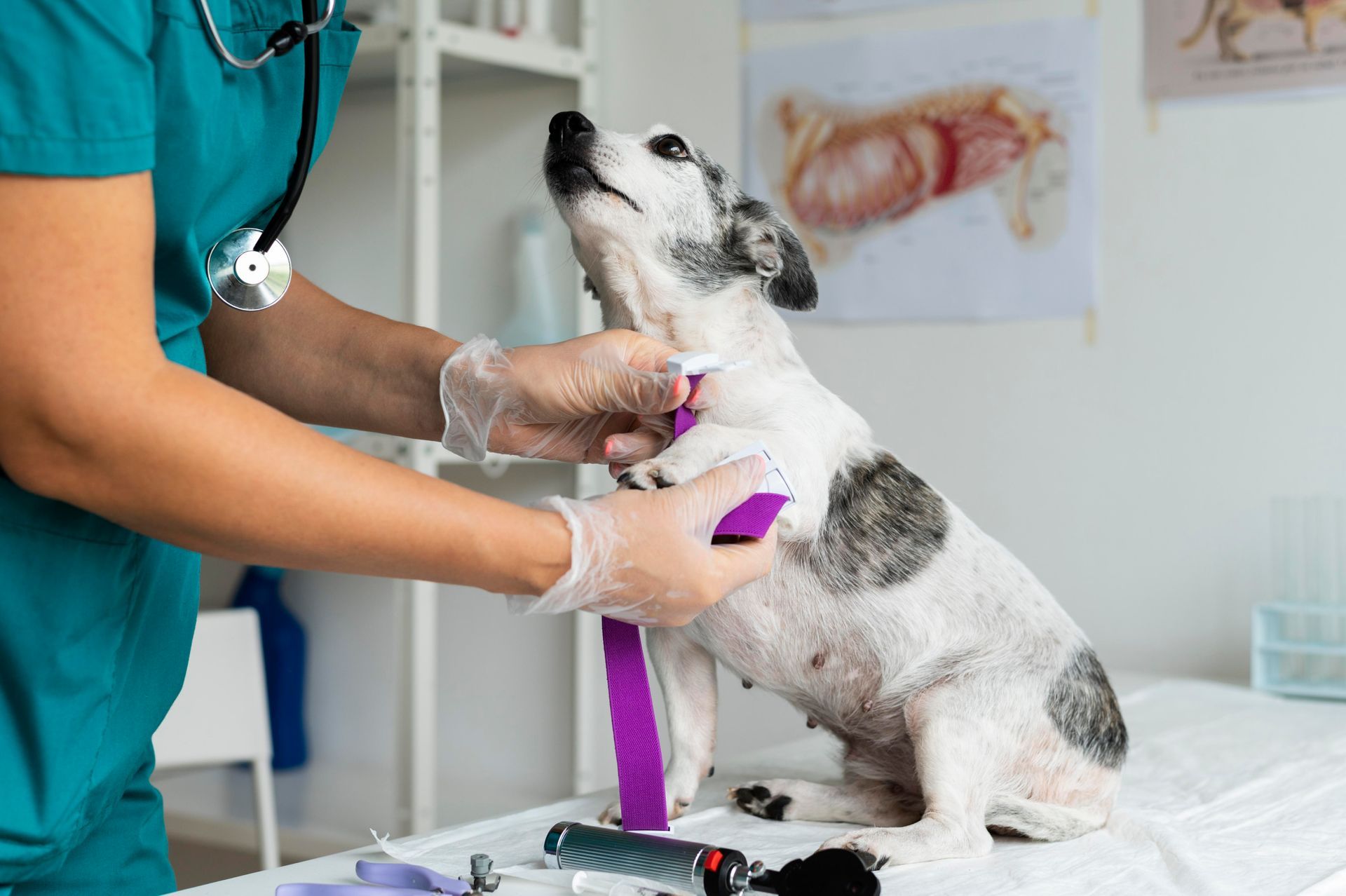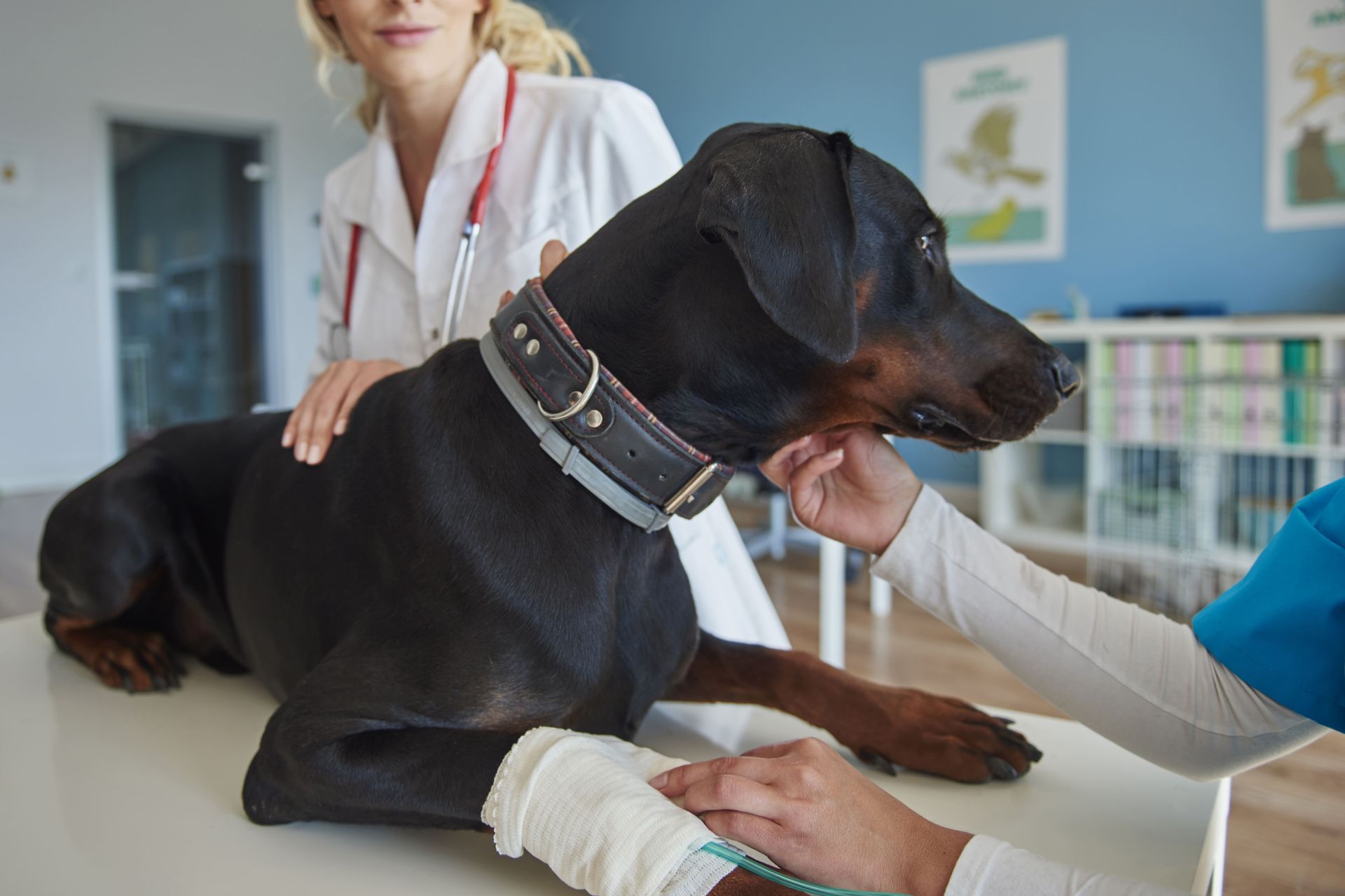9 Essential Cat Vaccines to Protect Your Feline Friend
Keeping your feline companion healthy requires more than cuddles and kibble. A critical, often overlooked pillar of feline healthcare is vaccination. Diseases in cats can range from mild to deadly, with some capable of spreading to other pets or even humans. This is where cat vaccines
play a vital role.
Whether you're a first-time kitten parent or an experienced cat owner, this comprehensive guide will help you understand the 9 essential cat vaccines, how they work, why they’re necessary, and when they should be administered.
Why Vaccinate Your Cat?
Cat vaccines train the immune system to recognize and fight specific pathogens like viruses and bacteria. By introducing inactivated or weakened versions of these microbes into the body, vaccines help develop immunity, without causing the disease.
Many cat diseases are airborne, highly contagious, and can survive on surfaces for days. Even indoor cats can become infected through human contact, shared bedding, or other pets. Failing to vaccinate can lead to life-threatening illnesses, costly treatments, and heartache.
1. Feline Panleukopenia Virus (FPV) – “Feline Distemper”
Feline Panleukopenia is caused by a parvovirus, making it one of the deadliest diseases in unvaccinated cats, especially kittens under 5 months old.
Symptoms:
- Severe vomiting and diarrhea
- Dehydration
- High fever
- Loss of appetite
- Sudden death (especially in young kittens)
Transmission:
Highly contagious through urine, feces, nasal discharge, contaminated food bowls, or bedding. The virus can survive for over a year in the environment.
Vaccine Details:
- When to administer: Start at 6–8 weeks, with boosters every 3–4 weeks until 16–20 weeks of age.
- Booster schedule: At 1 year of age, then every 1–3 years.
- Type: Included in the core FVRCP vaccine.
Even indoor cats require this core cat vaccine due to the persistence and severity of the virus.
2. Feline Herpesvirus Type-1 (FHV-1) & Feline Calicivirus (FCV)
Grouped with Panleukopenia in the FVRCP vaccine, these two viruses are common causes of feline upper respiratory infections (URIs).
Feline Herpesvirus (FHV-1):
- Causes viral rhinotracheitis (inflammation of the nasal passages and trachea)
- Leads to chronic sneezing, eye infections, and nasal discharge
- Once infected, the virus can stay dormant and reactivate under stress
Feline Calicivirus (FCV):
- Causes ulcers in the mouth, gums, and tongue
- Associated with severe pneumonia and painful arthritis in some strains
- Easily transmitted through saliva and respiratory droplets
Vaccine Details:
- When to give: Starting at 6–8 weeks, as part of the FVRCP series
- Booster: 1 year later, then every 1–3 years
As URIs are widespread in shelters and multi-cat homes, these cat vaccines are crucial for prevention and symptom reduction.
3. Rabies Vaccine
Rabies is an incurable zoonotic disease, meaning it can be passed from animals to humans. It affects the nervous system, causing paralysis, aggression, and ultimately death.
Transmission:
- Spread through saliva from bites or scratches of infected animals (including bats and raccoons)
- A legal requirement in many countries and U.S. states
Symptoms in Cats:
- Behavioral changes
- Excessive drooling
- Aggression or lethargy
- Paralysis
Vaccine Details:
- When to give: At 12–16 weeks of age
- Booster: First at 1 year, then every 1 or 3 years, depending on vaccine type and local laws
Even if your cat lives indoors, rabies vaccination is a legal and medical necessity. This is one cat vaccine you should never skip.
4. Feline Leukemia Virus (FeLV)
FeLV is a retrovirus that suppresses the immune system and can lead to anemia, leukemia, and lymphoma.
How It's Spread:
- Direct contact with infected saliva (grooming, food bowls)
- From mother to kitten during birth or nursing
- Through bites from infected cats
Symptoms:
- Weight loss
- Pale gums
- Chronic infections
- Tumors or swelling
Vaccine Details:
- When to administer: Two doses, 3–4 weeks apart, starting at 8 weeks
- Booster: Annual for at-risk cats
While not all indoor cats may need this cat vaccine, it’s highly recommended for kittens and any cat that may venture outside or live with other cats.
5. Feline Immunodeficiency Virus (FIV)
FIV is the feline equivalent of HIV in humans. It weakens the immune system over time, increasing vulnerability to secondary infections.
Transmission:
- Primarily spread through deep bite wounds
- More common in unneutered, outdoor male cats
Symptoms:
- Chronic mouth infections
- Recurrent fever
- Weight loss
- Poor coat condition
Vaccine Details:
- When to administer: 3 doses initially, 2–3 weeks apart
- Booster: Annually
Some veterinarians
hesitate to use this cat vaccine because it may interfere with FIV testing. However, for high-risk cats, especially outdoor roamers, it can be life-saving.
6. Chlamydophila Felis
This bacterial infection causes conjunctivitis, watery eyes, and occasional sneezing. It's most common in shelters, catteries, or multi-cat homes.
Transmission:
- Direct contact with infected eye discharge or shared surfaces
Symptoms:
- Red, inflamed eyes
- Excessive tearing
- Nasal congestion
Vaccine Details:
- When to give: As part of the extended FVRCP series in high-risk environments
- Booster: Annually if needed
This cat vaccine may not be necessary for every pet, but it is useful in crowded feline environments.
7. Bordetella Bronchiseptica
Often associated with kennel cough in dogs, Bordetella can also affect cats, leading to coughing, nasal discharge, and mild respiratory illness.
Transmission:
- Highly contagious through air droplets
- More common in shelters and boarding facilities
Symptoms:
- Sneezing and nasal discharge
- Coughing
- Fever
- Mild lethargy
Vaccine Details:
- When to give: Intranasal vaccine at 8 weeks old
- Booster: Yearly for at-risk cats
If you plan to board your cat, take it to shows, or introduce it to multiple pets, this cat vaccine is worth considering.
8. Giardia Vaccine
Giardia is a microscopic parasite that causes intestinal distress, especially in kittens and immunocompromised cats.
Transmission:
- Through contaminated water, feces, or grooming
Symptoms:
- Persistent diarrhea
- Weight loss
- Dehydration
- Gas and abdominal discomfort
Vaccine Details:
- Not routinely recommended for household cats
- Used in outbreaks or high-risk shelters
This cat vaccine is more targeted and usually reserved for areas with known Giardia problems.
9. Feline Infectious Peritonitis (FIP)
FIP is caused by a mutation of the feline coronavirus (FCoV). While most cats carry harmless versions of FCoV, a small percentage develop the deadly FIP.
Symptoms:
- Fluid in the abdomen or chest
- Fever
- Weight loss
- Neurological signs
Transmission:
- Primarily via shared litter boxes or grooming
Vaccine Details:
- Intranasal vaccine available in limited regions
- Given to kittens over 16 weeks
- Controversial due to variable effectiveness
While not a core cat vaccine, it may be considered in catteries or shelters where FIP has occurred previously.
How Often Should My Cat Be Vaccinated?
After the initial kitten series (which runs through 16–20 weeks), most cat vaccines are boosted:
- At 1 year of age
- Then every 1–3 years, depending on lifestyle and vaccine type
Your veterinarian will tailor a vaccine schedule based on whether your cat is strictly indoors, goes outdoors occasionally, or lives with other cats.
Are Cat Vaccines Safe?
Yes. Most cats tolerate vaccinations very well. Side effects, if any, are usually mild:
- Soreness at the injection site
- Sleepiness for 24–48 hours
- Mild fever
Severe reactions are rare but may include vomiting, swelling, or difficulty breathing. If symptoms persist beyond 48 hours, consult your vet.
Final Words
Vaccinating your cat isn’t just about compliance; it’s about compassion. These cat vaccines form a protective shield against life-threatening diseases and offer peace of mind for every responsible pet parent. From core immunizations like Rabies and FVRCP to lifestyle-dependent options like FeLV or Bordetella, your vet will help you decide the best plan for your pet’s unique needs.
Give your furry friend the best chance at a long, joyful life, one vaccine at a time.
FAQs
Q-1. Can I skip vaccines if my cat stays indoors all the time?
Ans: Even indoor cats need core cat vaccines like FVRCP and Rabies. Many viruses are airborne or transmitted through people and objects you bring inside.
Q-2. Are cat vaccines safe for senior cats?
Ans: Yes, but older cats may not need frequent boosters. Your vet will evaluate your cat’s age and health to decide which cat vaccines are still necessary
Q-3. Can a cat be vaccinated while sick?
Ans: No. Vaccines are most effective when the immune system is healthy. Delay vaccinations if your cat has a fever, infection, or recent surgery.
Q-4. What happens if my cat misses a booster?
Ans: Depending on how long it’s been, your cat may need to restart the vaccine series. Timely boosters ensure continued protection from the targeted diseases.

